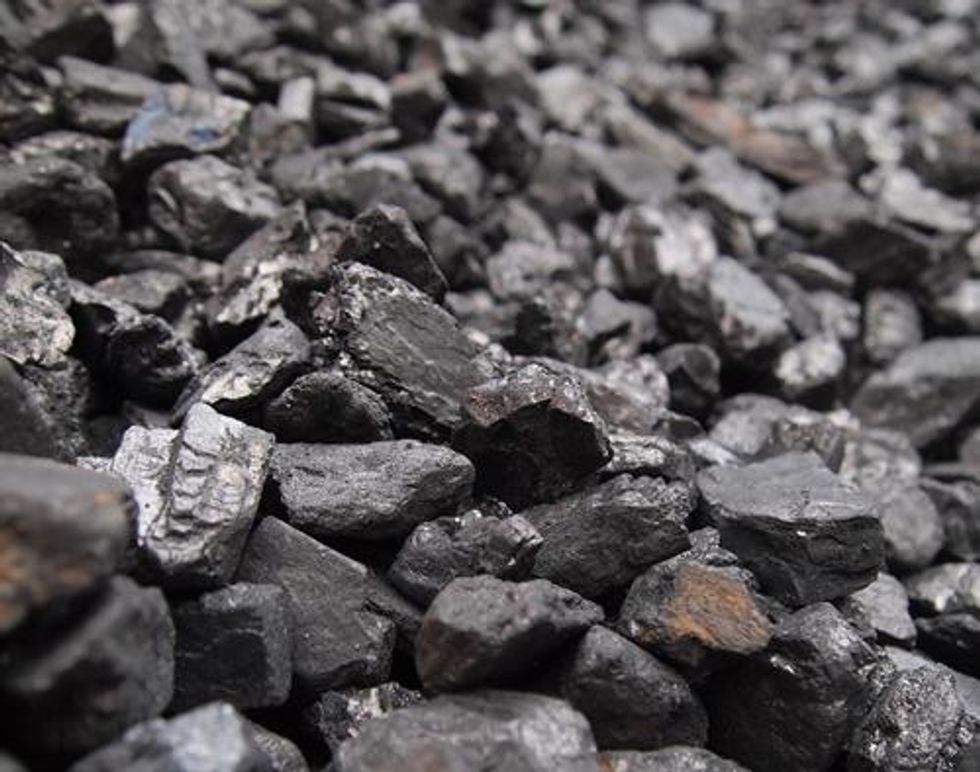Why Commercial Coal Mining Won’t Solve India’s Energy Problems
The Indian government may break state behemoth Coal India’s monopoly on the domestic coal market by allowing foreign miners to set up shop in India. However, some believe the move may not be the answer to India’s energy woes.
As Reuters reported on October 22, a new executive order on the Indian Ministry of Coal’s website states that any company in India may be allowed to mine and sell coal. The move breaks a 42-year ban — Coal India is currently the only company allowed to sell coal on the open market, although other companies are allowed to operate “captive mines” to produce coal for their own use.
The news follows the cancellation of 214 coal licenses in India in September.
Big changes for India’s coal market
Although the Ministry of Coal document does not specifically reference foreign companies, a Coal India official told Reuters it would be natural for the government to allow foreign companies to mine in India to help alleviate the country’s coal shortage. India holds the fifth-largest coal reserves in the world, but is still the third-largest importer of coal globally, and many blame that disconnect on Coal India’s failure to raise output.
Manish Aggarwal, head of KPMG’s energy and natural resources practice in India, praised the move to raise production, telling the news outlet, “[w]hat the government is really saying is that we will focus on domestic coal and on renewables to meet our energy needs … India needs the latest technology, the latest equipment and international expertise if it is to raise coal production.”
Similarly, Aakash Jindal, a market analyst from Pure Growth Consultancy, told Channel NewsAsia, “[t]he government is moving towards privatization. The government’s move would increase India’s capacity to compete with global, major countries, global manufacturing giants like China. So I definitely think it’s a step towards reform, a step towards progress.”
Companies such as Rio Tinto (NYSE:RIO,ASX:RIO,LSE:RIO), BHP Billiton (NYSE:BHP,ASX:BHP,LSE:BLT) and Peabody Energy (NYSE:BTU) have been pegged as possibly taking an interest in India.
Not so fast
While the development certainly seems like good news, Channel NewsAsia notes that the ordinance will still need to tackle a few hurdles in Indian parliament before it becomes law. Furthermore, the change is already inciting some harsh opposition from India’s heavily unionized coal sector — according to Mining Weekly, SQ Zama, general secretary of the Indian National Mine Workers’ Federation, is fairly confident the change in regulation will not come to pass. “We know how to counter the government. In 1999, even the then government had made attempts to amend the Coal Nationalization Act 1973, but we stood against it and prevented it and this will be repeated again,” he told the publication.
Meanwhile, speaking to the Financial Times‘ Avantika Chilkoti, Rakesh Arora at Macquarie Securities said some analysts are questioning the idea. Arora defended Coal India’s failure to raise output, asserting that it is still “the largest coal producing company in the world.”
More importantly, he drew attention to another problem: railroads. ”The main issue for India is not coal mining, it’s more to do with logistics,” Arora said, explaining that poorly connected mines mean heaping stockpiles in some places and shortages elsewhere. HSBC analysts have also pointed to the need for improved rail systems as critical.
An improvement, but not the solution?
What’s more, could BHP and Rio Tinto actually be interested in small, formerly captive mining blocks in India? Aside from the less-than-appealing scale, Chilkoti suggests in her article that the companies would be “wary of entering the market” based on the recent scandal surrounding illegal coal blocks and unclear processes for moving projects forward in India. In short, even if the energy-starved, coal-rich nation opens itself up to commercial mining by foreign companies, the offer might not be as desirable as it appears at first glance.
To be sure, something needs to be done about providing energy to those in India, and tackling Coal India’s monopoly looks like a good start. However, more changes will be needed to ensure that other parties can address unmet coal demand.
Securities Disclosure: I, Teresa Matich, hold no direct investment interest in any company mentioned in this article.
